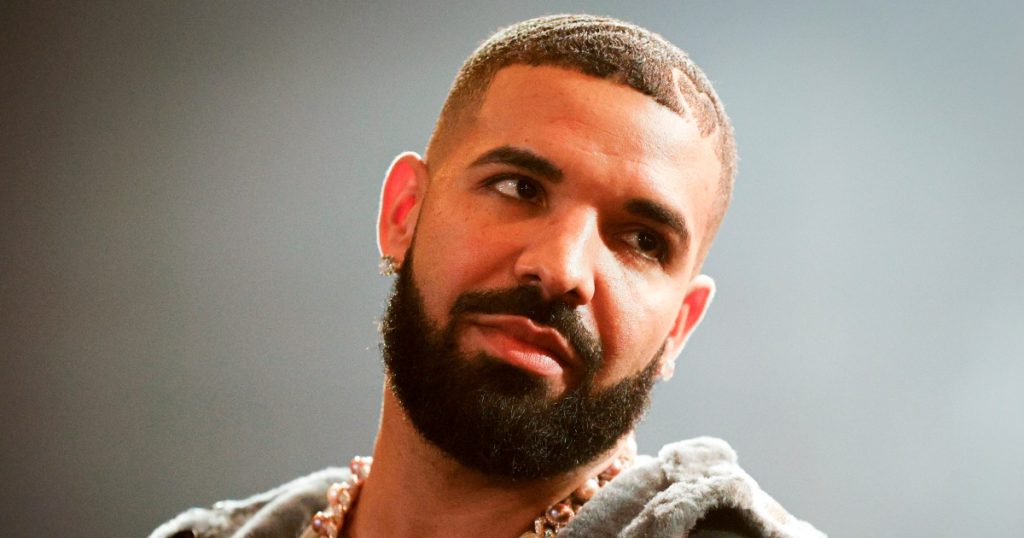Drake’s diss track “Taylor Made Freestyle,” which featured an artificial intelligence-generated version of Tupac Shakur’s voice, has been removed from his social media accounts following a cease-and-desist letter from Shakur’s estate. The letter accused Drake of violating Shakur’s right to publicity by using his likeness without consent. Drake had until noon on Thursday to confirm his cooperation, but his spokesperson declined to comment on the matter. The track was released shortly after Kendrick Lamar took shots at Drake and J. Cole in a guest verse on another song, leading to speculation about a potential response from Drake.
In the controversial “Taylor Made Freestyle,” the AI-generated voice of Shakur references Lamar and his impact on hip-hop history. However, Shakur’s estate deemed the use of his voice without approval to be a violation of his legacy and legal rights. Attorney Howard King, representing the estate, condemned Drake’s actions as an abuse of one of the greatest hip-hop artists of all time. The estate stated that they would never have given permission for the use of Shakur’s likeness in this manner, and demanded the track be removed from all platforms where it is available.
The removal of “Taylor Made Freestyle” comes in the wake of escalating tensions between Drake and his fellow rappers in the industry. The diss track was seen as a response to Kendrick Lamar’s verse on the song “Like That,” in which he indirectly targeted Drake and J. Cole. Speculation about a potential feud between Drake and Lamar has been circulating online, with fans eagerly awaiting a response from Drake. The use of Tupac Shakur’s voice in the track added fuel to the fire, leading to legal action from Shakur’s estate.
The controversy surrounding “Taylor Made Freestyle” highlights the complexities of using deceased artists’ likenesses in music without proper authorization. Shakur’s estate’s swift response to Drake’s use of his voice underscores the importance of protecting an artist’s legacy and intellectual property rights, even after their passing. The legal battle between Drake and Shakur’s estate serves as a cautionary tale for artists and producers about the potential consequences of unauthorized use of others’ likenesses and intellectual property in creative works.
As the music industry continues to evolve, artists must navigate the delicate balance between creative expression and respecting the rights of others. Drake’s removal of “Taylor Made Freestyle” from his social media accounts indicates a recognition of the legal and ethical concerns raised by Shakur’s estate. Moving forward, artists and creators may need to exercise greater caution when incorporating elements from other artists’ works to avoid legal disputes and protect the integrity of their own art and the legacy of those who came before them. The case of Drake and Tupac Shakur’s estate serves as a reminder of the importance of upholding intellectual property rights in the ever-changing landscape of the music industry.


